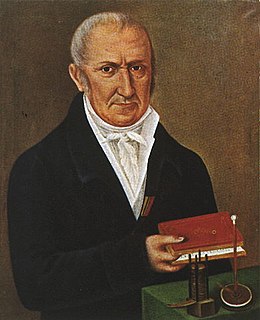A Quote by Nicholas of Cusa
With the senses man measures perceptible things, with the intellect he measures intelligible things, and he attains unto supra-intelligible things transcendently.
Related Quotes
One of the many, many things I hate about war is how it trivializes the personal. The big themes, the broad sweep, the emergency measures, the national identity, all the things that a particular kind of man with a particular kind of power urge adores, these are the things that become important. War gives the lie to the personal, drowns it in meetings, alarms, sacrifices. The personal is only allowed to return as death.
Since the Greeks, Western man has believed that Being, all Being, is intelligible, that there is a reason for everythingand that the cosmos is, finally, intelligible. The Oriental, on the other hand, has accepted his existence within a universe that would appear to be meaningless, to the rational Western mind, and has lived with this meaninglessness. Hence the artistic form that seems natural to the Oriental is one that is just as formless or formal, as irrational, as life itself.
Who cares what a man's style is, so it is intelligible,--as intelligible as his thought. Literally and really, the style is no more than the stylus, the pen he writes with; and it is not worth scraping and polishing, and gilding, unless it will write his thoughts the better for it. It is something for use, and not to look at. The question for us is, not whether Pope had a fine style, wrote with a peacock's feather, but whether he uttered useful thoughts.
Commemoration of Gilbert of Sempringham, Founder of the Gilbertine Order, 1189 Some there are who presume so far on their wits that they think themselves capable of measuring the whole nature of things by their intellect, in that they esteem all things true which they see, and false which they see not. Accordingly, in order that man's mind might be freed from this presumption, and seek the truth humbly, it was necessary that certain things far surpassing his intellect should be proposed to man by God.
































